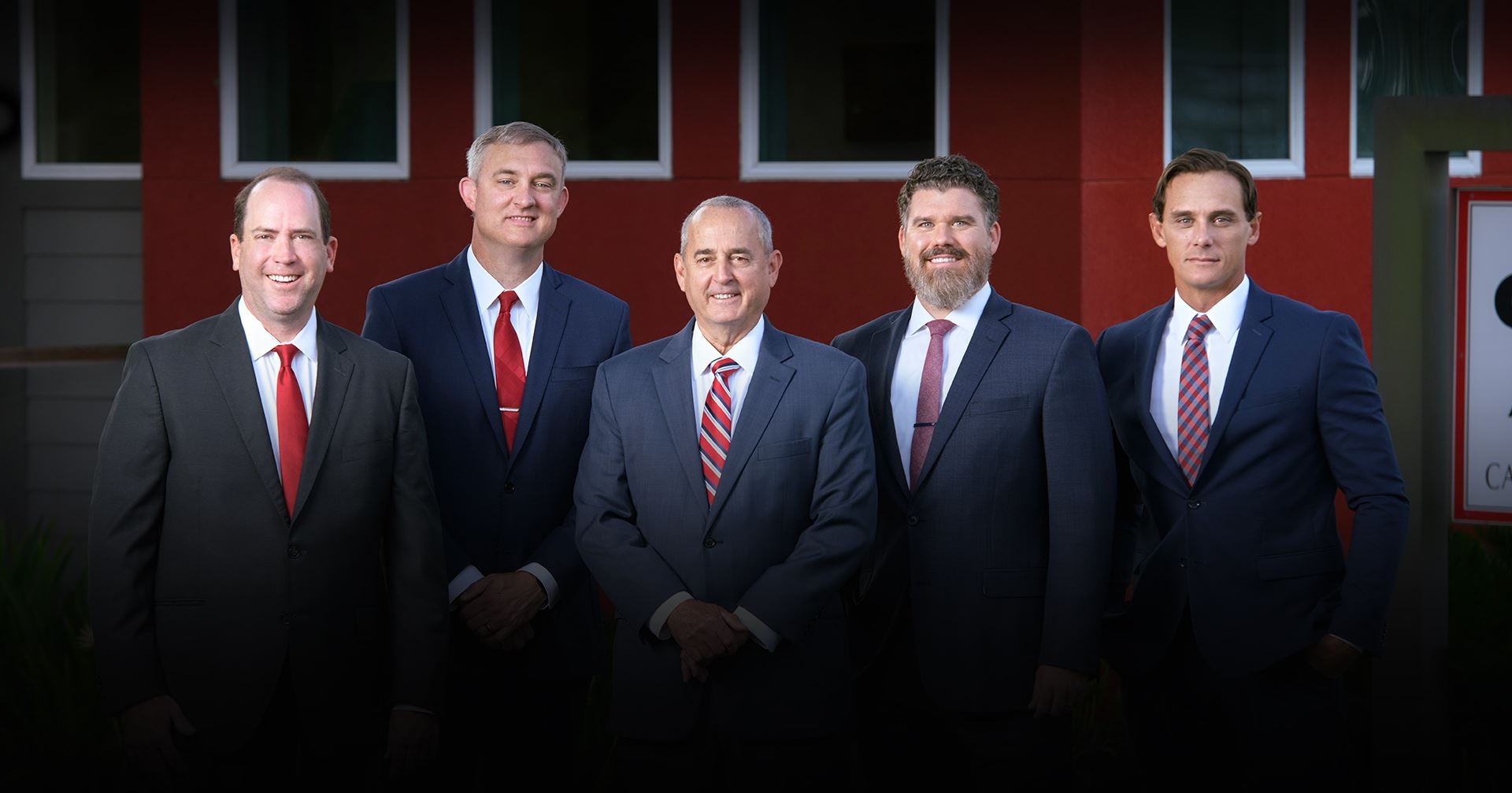
St. Augustine Felony Defense Attorney
Felony Offenses in Florida
The most serious types of criminal offenses are felonies. Unlike misdemeanors, a felony is any crime that is punishable by more than a year of imprisonment. The consequences of a felony conviction are severe and can last a lifetime.
Along with severe fines and prison time, there are other indirect implications of the sentence that can impact a person’s life for many years to come. If you are facing felony charges in Florida, it is critical that you speak to a criminal defense attorney who has experience in this area of law.
At Canan Law, our St. Augustine felony defense attorneys are well-versed in defending those accused of serious crimes. Whether you were arrested for felony DUI, have been accused of a drug or sex crime, or are facing any other serious criminal charges, our team is ready to fight for you, your freedom, and your future.
Call (904) 849-2266 or contact us online to request an appointment with one of our experienced felony defense lawyers.
What Is a Felony?
Generally speaking, felonies are crimes that are deemed more serious than others, which are classified as misdemeanors.
As such, felonies typically carry harsher penalties than misdemeanors, including:
- Lengthier jail/prison sentences
- Steeper fines
- And more
What Is the Difference Between a Felony and a Misdemeanor?
Notably, misdemeanors have a maximum jail sentence of one year, whereas felonies have a minimum sentencing requirement of one year in state prison or a federal penitentiary. Additionally, when a person is charged with a misdemeanor, they will typically not have to undergo preliminary hearings or a jury trial, those facing felony criminal charges must undergo an indictment or preliminary trial to determine which charges will be brought.

Types of Felonies in Florida
In Florida, felonies are categorized according to severity and labeled as either third-degree, second-degree, first-degree, life felonies, or capital felonies.
The types of felonies charged in Florida are as follows:
- Third-Degree Felonies: Third-degree felonies are the least serious type of felony (though they are still more serious than misdemeanors). In Florida, a third-degree felony is punishable by up to 5 years in state prison, up to $5,000 in fines, and possible restitution to the victim. Examples of third-degree felonies in Florida include a third (or subsequent) DUI, driving as a multiple traffic offender, burglary, and possession of cocaine.
- Second-Degree Felonies: Second-degree felonies are considered to be more serious offenses than third-degree felonies. They are punishable by up to 15 years in state prison, fines up to $10,000, and possible restitution paid to the victim. Examples of crimes that are classified as second-degree felonies in Florida include sexual battery, serious child abuse, aggravated battery involving a weapon, and possession of a controlled substance with the intent to sell/distribute.
- First-Degree Felonies: First-degree felonies are extremely serious. In Florida, a first-degree felony is punishable by up to 30 years imprisonment in state prison, fines up to $10,000, and possible restitution for victims. First-degree felonies in Florida include first-degree homicide, DUI manslaughter, and human trafficking, among many other offenses.
- Life Felonies: In Florida, life felonies are the second most serious type of felony offense. They are punishable by 40 years to life imprisonment in state prison, as well as up to $15,000 in fines and possible court-ordered restitution to victims. Examples of life felonies in Florida include non-premeditated murder, serving as an accomplice to murder, kidnapping, and more.
- Capital Felonies: A capital felony is the most serious type of felony in Florida. These offenses are punishable by death or life imprisonment without the possibility of parole. Those convicted of capital felonies may also be required to pay steep fines and restitution to victims. Examples of capital felonies in Florida include murder, armed kidnapping, capital drug trafficking, and more.
Regardless of the type of felony charges you may be facing, being arrested for any felony in Florida is incredibly serious.
You need competent legal counsel on your side; contact Canan Law now to learn how we can help during a private consultation.